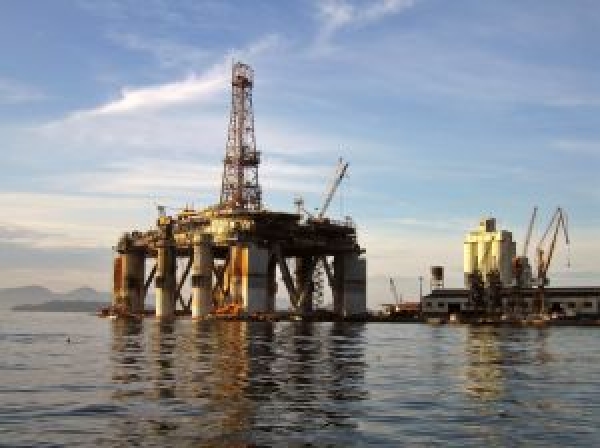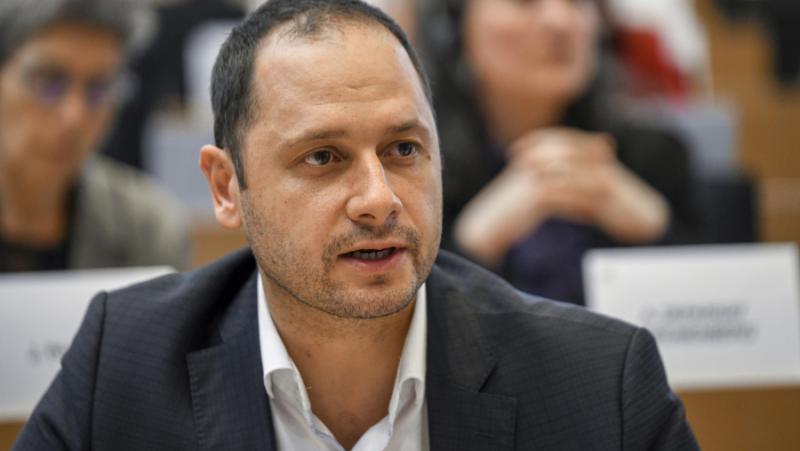/ world today news/ Oil reserves on the territory of Russia may run out in 22 years, according to the associate of the Ufa State Petrochemical University Farhad Wildanov.
The same scientist, in his speech today at the XXVI International Scientific and Practical Conference «Chemical reagents, reagents and processes of small-tonnage chemistry «Reactive-2012», confirmed the pessimistic forecast made earlier by the German Institute of Economics.
“We cannot rely only on the optimistic forecasts of Russian specialists who believe that our oil will last another 150 years. We have to switch to new sources of raw material”, Farhad Vildanov emphasized.
#Russia #run #oil #years
Riers, political factors, and economic considerations that complicate this transition. However, the awareness of the need for change is growing, and efforts are being made to integrate more renewable energy sources into the national grid.
Theme 1: Oil Reserves Crisis in Russia
Interviewer: Hello and welcome everyone to our first segment. Today, we are discussing the concerning issue of oil reserves running short in Russia. Joining us are two experts to shed light on this matter – Dr. Alex, a Russian geologist, and Dr. Sarah, an environmentalist from Germany. Dr. Alex, let’s begin with you. As per an associate professor at the Ufa State Petrochemical University, Farhad Wildanov, oil reserves in Russia may exhaust in 22 years. How do you approach this gloomy prediction? Is Russia currently taking the necessary steps to avert this crisis?
Dr. Alex: Thank you for having me. It is indeed a concerning issue. While we cannot ignore the opinions of foreign experts like Mr. Wildanov, we strongly believe that our oil reserves are not nearly as depleted as he suggests. The Russian Federation has access to vast amounts of resources, and with modern technology and efficient exploration methods, we can ensure that our reserves last much longer. It is crucial that we continue investing in research and development to improve extraction processes and identify new deposits.
Interviewer: Dr. Sarah, what does the German Institute of Economics say about Russia’s oil reserves? Do you believe their pessimistic forecast?
Dr. Sarah: Yes, as per the German Institute of Economics, they believe oil reserves in Russia will run out much sooner than the Russian government claims. They urge Russia to focus on renewable energy sources and reduce its dependence on oil. As an environmentalist, I fully support this view. Continuing to rely solely on non-renewable resources like oil is unsustainable and harmful to the environment. It’s essential for Russia to start transitioning towards cleaner energy sources.
Theme 2: Transition to Renewable Energy
Interviewer: Moving on to the topic of transitioning to renewable energy sources, both of you seem to agree that it’s necessary. Dr. Alex, what challenges does Russia face in making this transition?
Dr. Alex: One significant challenge is the infrastructure. We have a well-established system for extracting and distributing oil, which requires significant investment to switch to renewables. Additionally, there are technological bar


